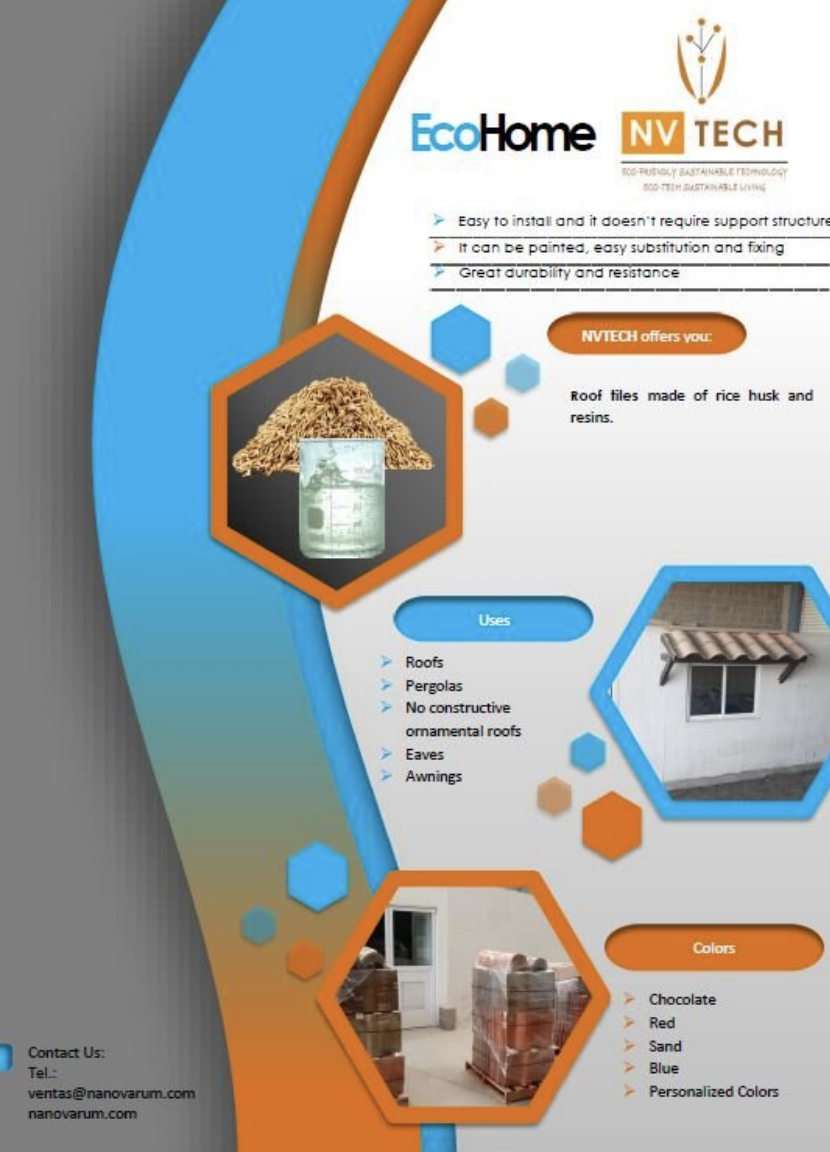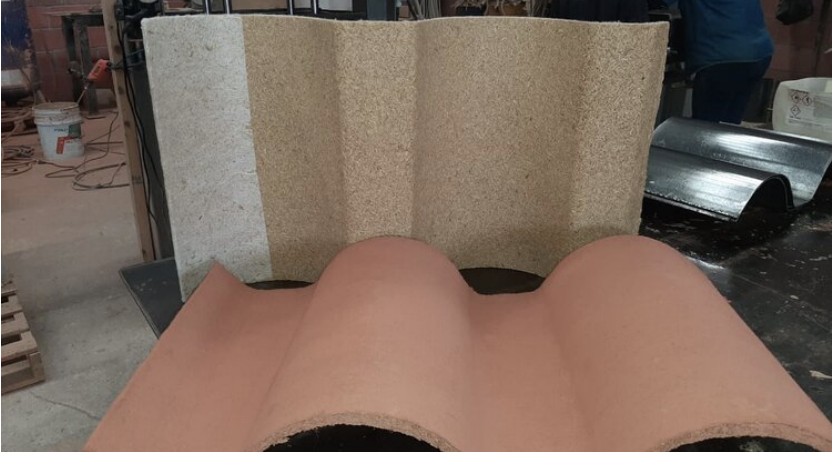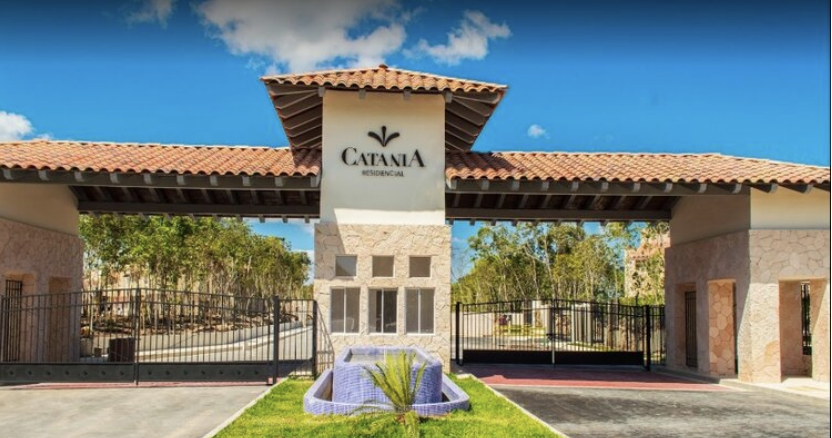Research & Development
An important component of Global Hemp Group and the Hemp Agro-Industrial Zone (HAIZ) is Research and Development. Intellectual Property created through the R&D Division will not only be utilized at the Company’s projects, but the goal is to create patented technology that Global Hemp is able to widely market.
GHG’s R&D team has a wealth of knowledge and expertise in these areas. Prof. Víctor M. Castaño heads the R&D Division and is a recognized international leader in Eco-Materials Science and Engineering. His work has included obtaining novel materials and compounds from natural sources, which include hemp, as well as many other plants such as rice, coffee, sugar cane that have been used to produce new materials and systems. Prof. Castaño is also a pioneer in Nanotechnology in Latin America and one of the most prolific authors on this subject in the region, and well known in the international Nanotechnology community. In addition to several articles, he holds a number of patents in nanoscience, including nano structures from carbon, such as fullerenes, nanotubes and graphene. A list of his publications can be found by clicking on the link https://bit.ly/VC-publications.
Initial Focus of the R&D Division
There are three immediate areas of interest that Prof. Castaño and his team will actively be focused on to develop Intellectual Property that can be patented and implemented in the hemp and/or building industry.
E N V I R O N M E N T A L L Y – F R I E N D L Y C O N S T R U C T I O N M A T E R I A L S
Prof. Castaño and his team has over 30 years of experience in the development of novel construction materials from natural sources, particularly agricultural waste and/or byproducts, including many fiber-containing plants. The first product being developed by the R&D team is a novel building material utilizing hemp fibre that has been chemically modified to increase its mechanical performance and then combined with rice husks, an important agricultural by-product found worldwide, creating a product that could be used as a replacement for Medium-Density Fibreboard (MDF) in construction. As rice husks are not biodegradable, this is an ideal method for utilizing the waste from the rice industry.
An example of another patented technology in the Construction Materials space created by Prof. Castaño and his team is EcoHome, roof tiles made from rice husk and resins. This is an eco-friendly sustainable technology that is currently being marketed and installed in Mexico.
The Local Housing Market
Victoriaville is part of Quebec’s central region, with a regional population of 250,000 within a radius of 65 km of Victoriaville. In 2021, there were 1,900 building permits issued for residential units, 55% of which were apartments. More importantly, Victoriaville is within 100 km of large population basins, Estrie (500,000) and Montérégie (1.5 MM) with a combined total of 16,800 building permits issued in 2021, two thirds of which were for apartment buildings.
Vacancy rates of rental apartments are at a near historical low (below 0.5%) in these regions, which has prompted public action by launching affordable housing projects, generally as apartment buildings. The creation of Innov Habitat Victo is evidence of this response, and is garnering strong support from the community. Public demand for affordable housing will come with an emphasis for durable housing in response to government commitments to improved energy efficiency in the housing sector and to reducing its carbon footprint. The city has demonstrated its commitment to durable construction by developing its own high Initial Project Funding The project, currently under planning, has been submitted to the Green Municipal Fund a federal program to help local governments in providing durable low income housing. ABOUT US PROJECTS NEWS INVESTORS CONNECT standards, and providing financial incentives to those adhering to these standards. The program is gaining traction in several municipalities of the region
In summary, Victoriaville is in a region with a large housing demand (12,000 apartments/year), a significant portion of which will come from public housing schemes in the years to come, with emphasis on durable housing. This is a market ripe for hempcrete construction.
Farming in the Area
Victoriaville is at the heart of Quebec’s dairy industry, with the three regions mentioned above accounting for half of the provincial dairy output, a significant portion of which is organic, requiring organic feed. Industrial hemp can fit well as a feed/cleanup crop at the end of the rotation cycle. GHG will seek support from Quebec’s Institut National d’Agriculture Biologique (National Institute of Organic Agriculture) to explore how the crop can best fit in current rotations. Such association will be beneficial to farmers who will be able to profit from the capacity of hemp to capture and sequester large amounts of CO2e in soils and claim credits accordingly. Hemp grown under such a rotation, where no inorganic fertilizers are used, will have a 50% lower carbon footprint. Consequently, hempcrete block houses will have an even lower carbon footprint.
Processing into hempcrete blocks.
Victoriaville has a long experience in light manufacturing particularly in the furniture sector, but also in farm and forestry machinery. It actively promotes industrial development through its industrial parks with attractive conditions.
In addition to hemp hurd and water, hempcrete, under its current composition, requires a mixture of hydrated and hydraulic lime. One of the two sources of hydrated lime in Quebec is located in Marbleton, Quebec less than 75 km from Victoriaville. Discussions are underway with Université de Sherbrooke’s department of civil engineering to find a suitable substitute to hydraulic lime. Until such alternative is found, hydraulic lime could be imported by sea transport through deep water ports of Sorel or Trois-Rivières less than 70 km from Victoriaville.
Partners in the project
The core team of this first HAIZ in Quebec includes:
- Innov-Habitat-Victo (IHV), a municipal housing authority
- BGA-Achitectes
- ALTE Engineering Cooperative
Innov Habitat Victo was created in 2023 by Victoriaville’s housing authority, as a non profit organization specifically dedicated to acquiring, renovating or building affordable housing for the region. The Desjardins cooperative movement provided the initial funding of IHV.
Bourassa Gaudreau & Associés Architectes (BGA Architectes) has built its reputation by offering personalized and quality architectural and project management services. They have more than 30 years experience in durable construction, the use of natural or non-polluting materials and energy efficiency in residential, commercial and industrial buildings.
ALTE is an engineering cooperative dedicated to the design and implementation of alternative and affordable technologies in the development of energy efficient and environmentally sound building projects.



